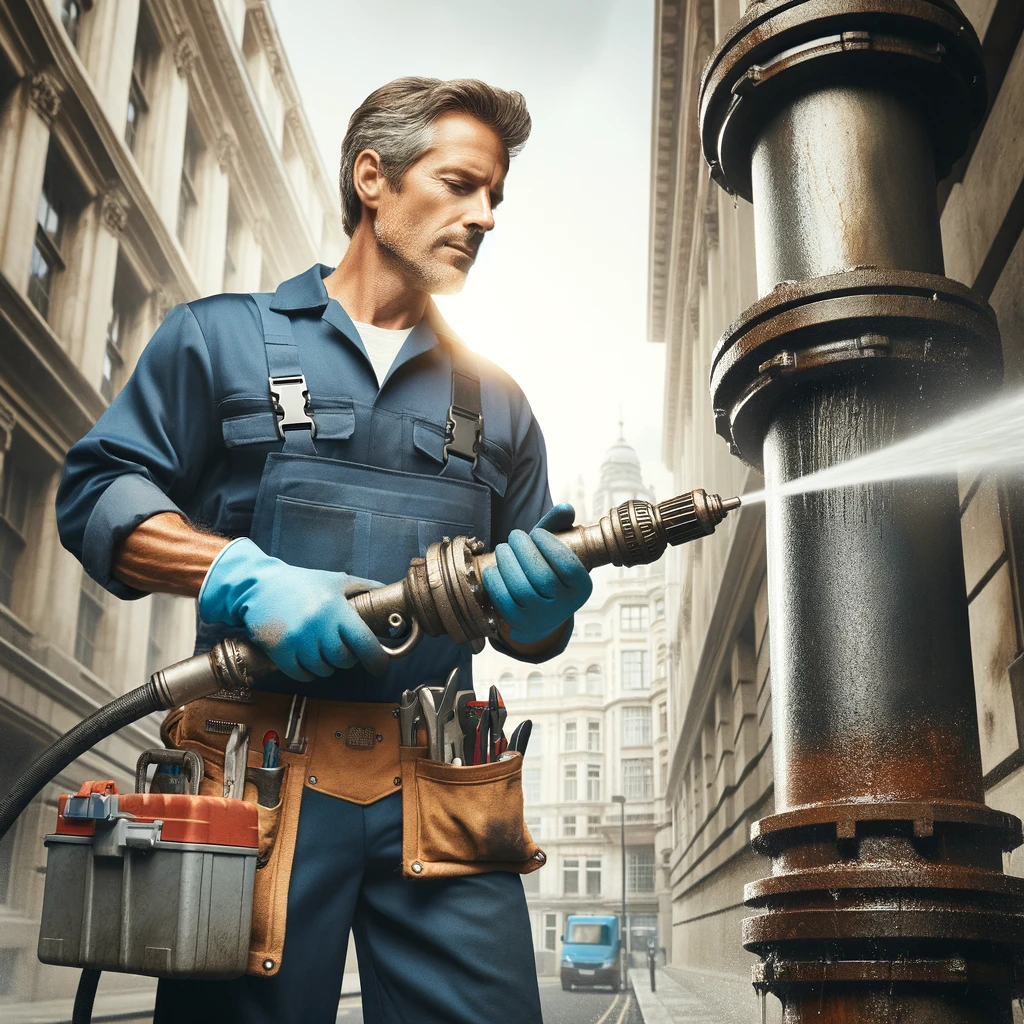Introduction to Stack Pipe Maintenance
Stack pipes, crucial components of residential and commercial plumbing systems, require regular maintenance to prevent blockages that can cause significant disruptions. Understanding the methods for effectively clearing these blockages is essential for maintaining a smooth and functional plumbing system.
Identify Common Causes of Clogs
Recognizing what frequently leads to stack pipe clogs is the first step in prevention. Common culprits include accumulated grease, foreign objects, tree roots infiltrating pipes, and buildup of toiletries. By identifying these common issues, property owners can take proactive measures to minimize the risk of blockages.
Regular Cleaning Techniques
To prevent the accumulation of debris and other obstructive materials in stack pipes, regular cleaning is advisable. This can be done using environmentally friendly chemical cleaners or by mechanical means such as plumbing snakes. Regular maintenance not only prevents blockages but also extends the life of the plumbing system.
Professional Unblocking Solutions
When a blockage is too complex for routine cleaning, professional unblocking services are necessary. These experts use advanced techniques such as hydro-jetting, which involves using high-pressure water streams to remove obstructions and clean the interior surfaces of the pipes thoroughly.
Advanced Inspection Methods
Incorporating advanced inspection methods can significantly aid in the prevention and management of stack pipe blockages. Techniques like CCTV pipe inspections provide a clear view of the internal conditions of pipes, helping to identify potential problems before they develop into serious blockages.

Comprehensive Stack Pipe Unblocking Services Across London
Servicing All Areas of London – Drain Unblocking in London
Our stack pipe unblocking services cover every corner of London, ensuring that no matter where you are located, you can rely on us for prompt, professional, and effective solutions. Below is a detailed list of all the areas we serve within the London region:
Central London
North London
East London
South London
West London
Each of these areas has access to our full range of services, including emergency stack pipe clearing, routine maintenance, hydro-jetting, CCTV pipe inspections, and more. Our team is strategically located to ensure quick response times and efficient service delivery across the metropolitan area.
Whether you’re a residential homeowner in need of urgent pipe clearing in Croydon, a restaurant in Shoreditch dealing with grease buildup, or a property management company in Brent requiring regular maintenance, our experts are ready to assist you. With our extensive coverage, no part of London is beyond our reach.
Our commitment to serving the entire London area with comprehensive, reliable, and timely stack pipe services underscores our dedication to customer satisfaction and plumbing excellence. No matter where you are in London, you can count on us to keep your plumbing systems in optimal condition.
Effective stack pipe unblocking and maintenance require a combination of knowledge, regular care, and the intervention of professionals when necessary. By staying vigilant and adopting these strategies, homeowners and property managers can ensure their plumbing systems remain clear and fully operational.
FAQs on Stack Pipe Unblocking Services
What are the signs that my stack pipe might be blocked?
If you notice slow drainage, water backing up, gurgling sounds from your drains, or unpleasant odors emanating from them, these could all be signs that your stack pipe is experiencing a blockage. It’s important to address these symptoms early to prevent more serious plumbing issues.
How often should stack pipes be cleaned?
We recommend having your stack pipes inspected and cleaned at least once a year. However, for buildings with higher usage or older plumbing systems, more frequent inspections and cleanings may be necessary to ensure optimal performance and prevent blockages.
What is hydro-jetting and how does it work?
Hydro-jetting is a powerful cleaning method that uses high-pressure water to remove blockages and buildup from pipes. This process involves inserting a water jet into the plumbing system, which then blasts water at pressures up to 35,000 psi. This effectively clears away grease, sediment, and other debris, restoring your pipes to near-original capacity.
Is chemical drain cleaning safe for my pipes?
While chemical drain cleaners can provide a quick fix, they often contain harsh substances that can damage your plumbing over time. We recommend using chemical treatments sparingly and opting for mechanical cleaning methods, such as snaking or hydro-jetting, which are safer and more effective for long-term maintenance.
Can tree roots block stack pipes? How do you handle that?
Yes, tree roots can infiltrate and block stack pipes, particularly if there are cracks or leaks. We use root-cutting tools in conjunction with hydro-jetting to effectively remove these intrusions and repair any damage they may have caused. Regular inspections can help identify and mitigate root intrusion before it becomes a major issue.
What should I do if I suspect a blockage in my stack pipe?
If you suspect a blockage, avoid using any plumbing fixtures that may exacerbate the issue and contact a professional plumbing service immediately. Attempting to clear a serious blockage on your own can lead to further complications or damage to your plumbing system.
Are your stack pipe services guaranteed?
Yes, we offer a satisfaction guarantee with all of our services. If you’re not completely satisfied with the results of our work, we are committed to resolving the issue to meet your expectations. Our services also include warranties on specific treatments and repairs.
How can I prevent future stack pipe blockages?
Regular maintenance is key to preventing blockages. Avoid flushing non-degradable items, reduce the amount of grease and oil that goes down your drains, and consider regular professional cleanings. We also recommend installing strainers in sinks to catch debris before it enters your plumbing system.